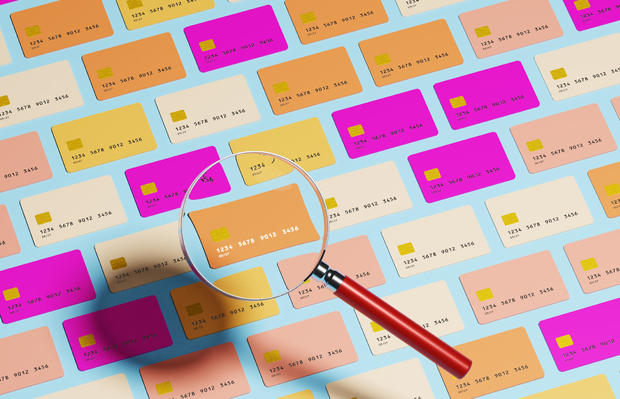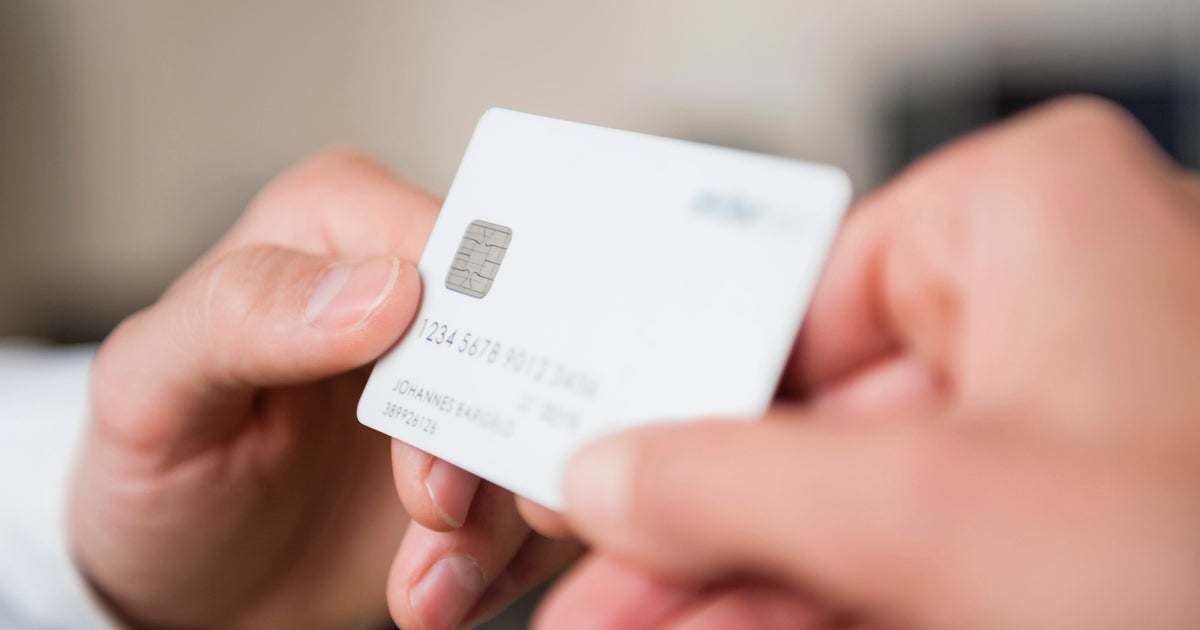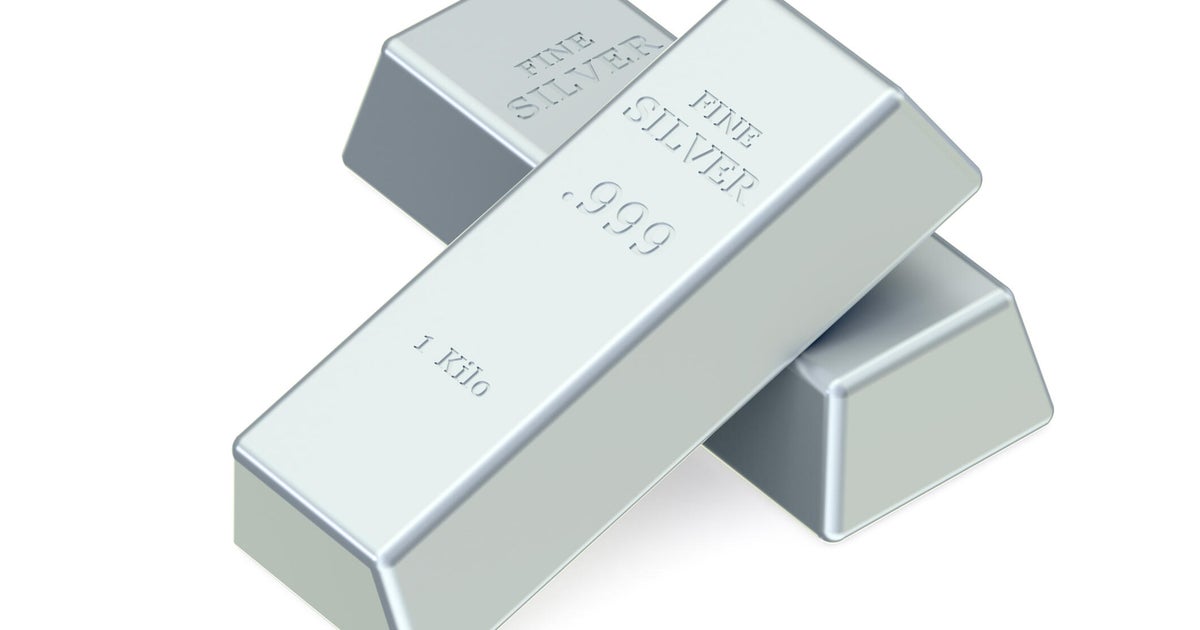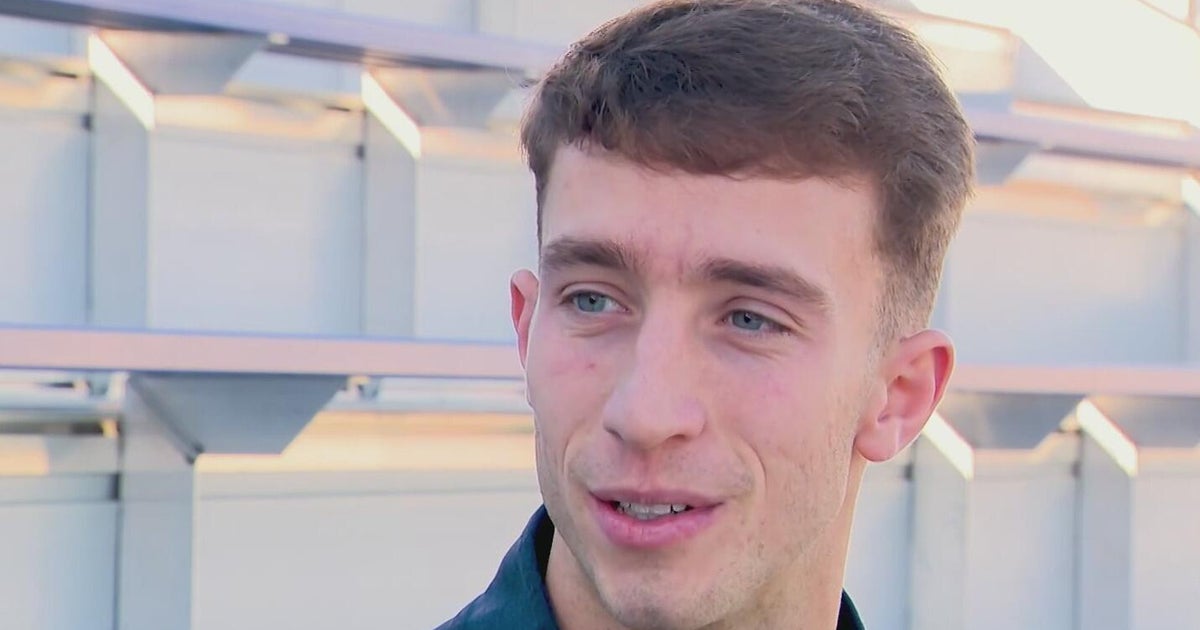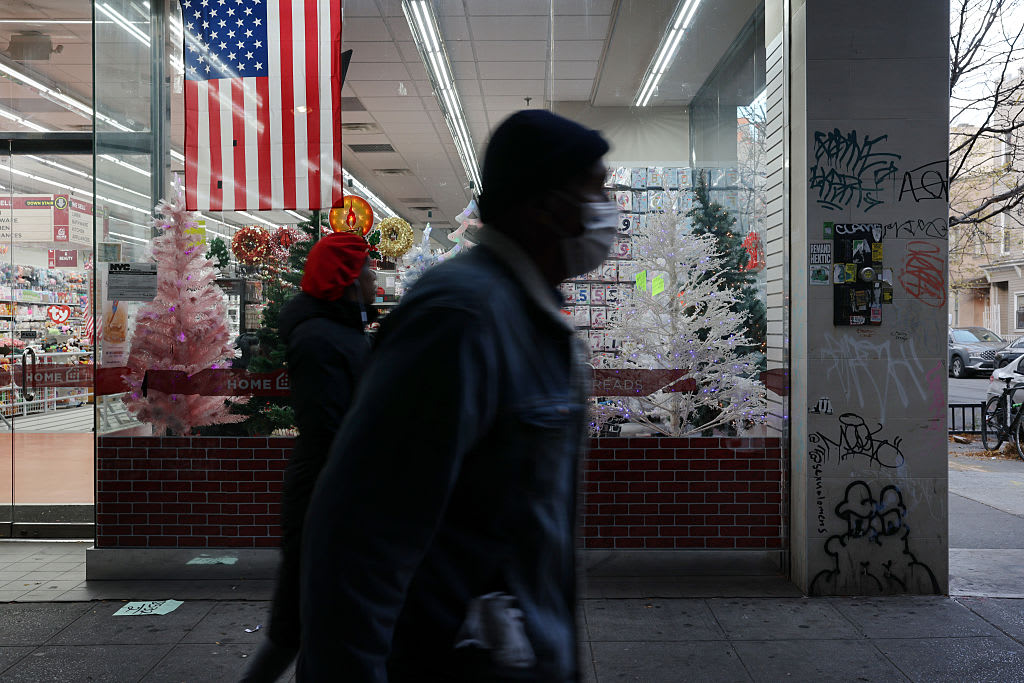Considering credit card debt forgiveness this fall? Here are 5 signs to look for
While credit cards can be useful financial tools when managed responsibly, it's surprisingly easy for this type of debt to become problematic. After all, the interest rates on credit cards tend to be higher than other borrowing options, so if you're not paying off what you owe in full each month, your balance can grow out of control quickly. Couple that with the other economic hurdles we're facing, like inflation pushing up the cost of housing, groceries and other necessities, and it's easy to understand why credit card debt could feel like a heavy burden on your budget right now.
That doesn't have to be the case, though. There are debt relief options, like credit card debt forgiveness (or debt settlement), that can help.
With debt forgiveness, the goal is to negotiate with your creditors to get them to accept less than the full amount owed to settle your debt. This option has its downsides, of course, but it can provide a lifeline for those drowning in credit card debt. So, if you're overwhelmed by your credit card debt, it could benefit you to determine whether credit card debt forgiveness is the right step for you this fall.
Ready to start on the path to becoming debt-free? Explore your debt relief options here.
5 signs you should pursue credit card debt forgiveness this fall
If you recognize any of the following signs, it could make sense to consider debt forgiveness this fall:
Your credit cards are maxed out (or getting close to it)
Right now, a large (and growing) percentage of cardholders have maxed-out credit card accounts. About one in five credit card users are maxed out currently, according to data from the New York Fed. If you're one of them, it's probably a sign that you should consider credit card debt forgiveness.
When your credit cards are consistently at or near their limits, it's a red flag that you're relying too heavily on credit to cover your expenses. Being close to your credit limits also leaves you with little to no financial cushion for emergencies, and could force you to take on even more debt if unexpected expenses arise. By settling your debt, though, you could end up paying a fraction of what you currently owe, alleviating some of the financial pressure you're facing.
Explore how the right debt forgiveness program could help you get your finances back on track.
Your credit card debt is compounding
Credit card interest rates are notoriously high. It's common for credit cards to come with rates between 18% and 23%, but they can be much higher depending on your credit profile. In turn, any card debt you carry tends to compound quickly, making it increasingly difficult to pay off what you owe.
For example, let's say you have a balance of $5,000 on a credit card with a 21% APR. If you were to make payments of $150 per month, it would take you over four years and $2,569.79 in interest charges to pay it off. That means you would pay the equivalent of more than 50% of the original balance in interest charges alone.
So, if you've noticed that your balances are increasing each month, it's a clear sign that the interest you're paying could become problematic in the future. That, in turn, may require you to take more drastic measures to get rid of your debt.
You're only able to afford the minimum
While making only the minimum payment on your credit cards will keep your accounts current, it does little to reduce your overall debt. By only paying the minimum, you're extending the life of your debt and significantly increasing the total amount you'll pay over time.
So, if you find yourself unable to pay more than the minimum across multiple cards for several months in a row, it's a strong indicator that your debt has become unmanageable. In turn, debt forgiveness might be worth considering.
You're making late payments (or are missing payments entirely)
Late or missed payments are serious issues in terms of your financial health. Not only do they result in late fees and potential penalty interest rates, but they also severely damage your credit score.
If you're struggling to make payments on time or have missed payments altogether, it's a clear sign that your current debt load is unsustainable. At this point, exploring your debt forgiveness options may help you avoid further damage to your credit and get your finances back on track.
You're seriously considering bankruptcy
Filing for bankruptcy should generally be considered a last resort due to its long-lasting impact on your credit and financial life. If you've reached the point where you're seriously contemplating bankruptcy, it's important to first explore debt settlement as an alternative. While debt settlement will still have a negative impact on your credit, it's typically less severe and shorter-lived than bankruptcy. It also allows you to avoid the legal proceedings and potential asset liquidation associated with bankruptcy.
The bottom line
As we move into the fall season, take this opportunity to honestly assess your financial situation. If you identify with one or more of these signs, it may be time to reach out to a debt relief company to discuss whether debt forgiveness or another debt relief option could help. Remember, though, that while debt settlement can provide relief from overwhelming credit card debt, it's crucial to also address the underlying financial habits that led to the debt in the first place.
